Germany they have a way with words
You have heard of bratwurst and any type of wurst really and you can probably guess that they are of German origin. Similarly, hamburger is German as is frankfurter, pretzel, and lager.
Words that I did not realize were of German origin are delicatessen, I thought it was Italian. Muesli I possibly would have headed to the Scandinavian neck of the woods or maybe next door to Switzerland.
German Words
Contents
Abseil, Alzheimer’s, angst, and aspirin are also German words that are used in everyday English.
The Germans have many words that cover a “situation”. Some of these words seem to be a little melodramatic, but if it works for the Germans we might have to assess using them in day to day language – as soon as we can pronounce them.
Germany they have a way with words
Drachenfutter:
means literally ‘dragon food’. This is a peace offering. The gift you buy your partner when you’ve done something wrong, like staying out late or really anything. Generally it is the women who receive the Drachenfutter and until they do, then certain favours are withheld
Torschlusspanik:
means literally ‘door close panic’. The panic you feel when it suddenly dawns on you that you are getting older and you haven’t accomplished all that you wanted to in your life. You think that the doors of opportunity are closing and there’s not a thing you can do about it. I think that in English we call it a mid life crisis but torschlusspanik sounds so much more dramatic.
Weltschmerz:
means literally ‘world pain’. The sadness or pain that you feel when the picture of the perfect world you have in your mind doesn’t match up with reality. We possible call it delusional.
The Germans are also quite philosophical, so if you wish to be really deep and meaningful try this “Alles hat ein Ende, nur die Wurst hat zwei”. It means “Everything has an end, only the sausage has two”. That is certainly a conversation starter. They have some of the most renowned philosophers like Friedrich Nietzsche, Albert Schweitzer and Immanuel Kant, then who are we to argue.
When Albert Einstein died, his final words died with him. The nurse at his side didn’t understand German.
Today in our entry for the Blogging A-Z Challenge, 2014. we look at the letter “G” and Germany in light of our theme, “A weird and Zany world”

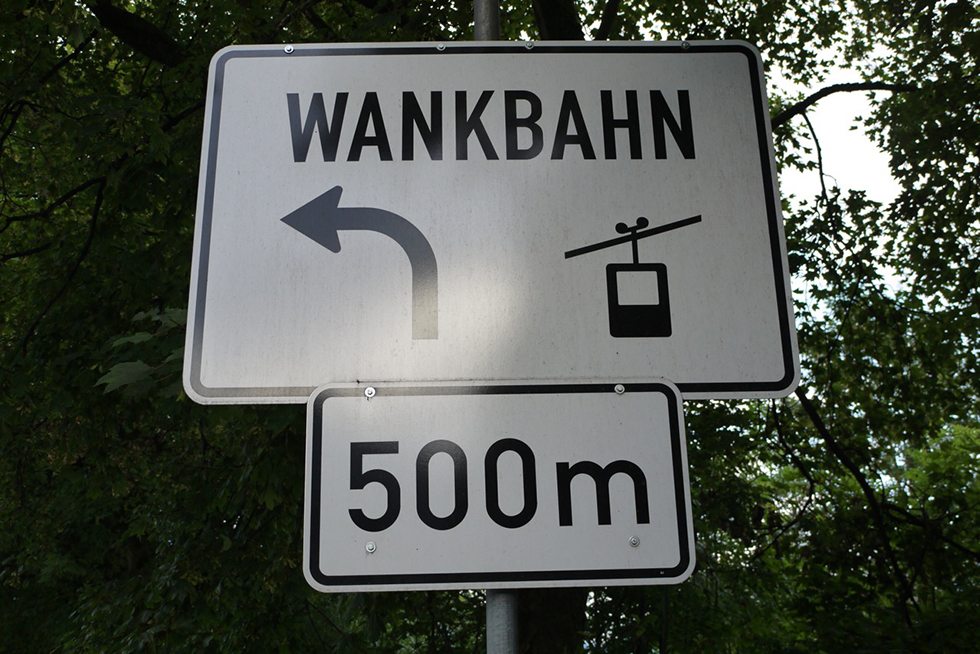
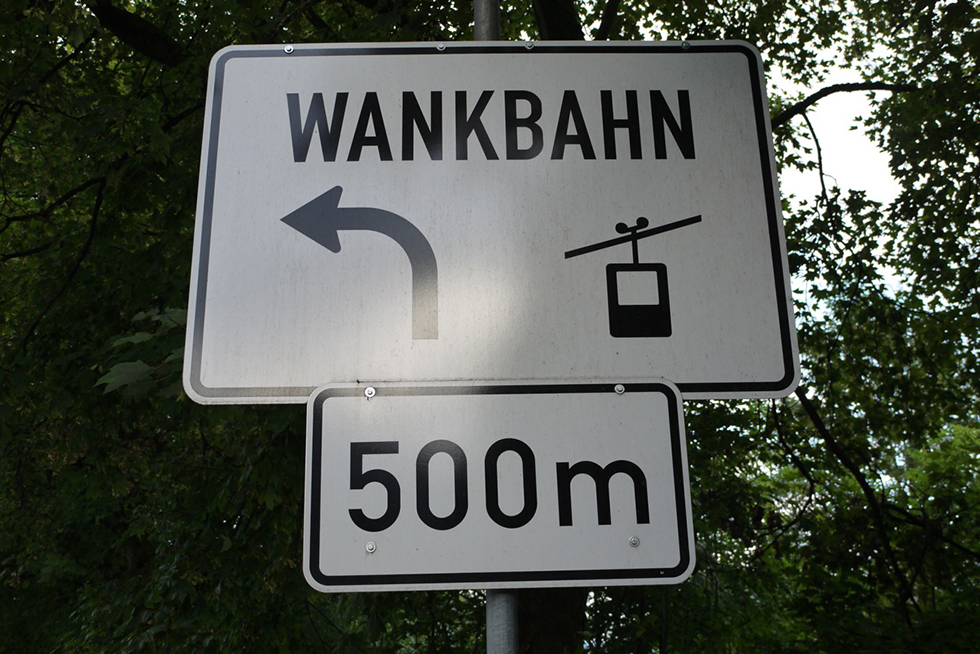
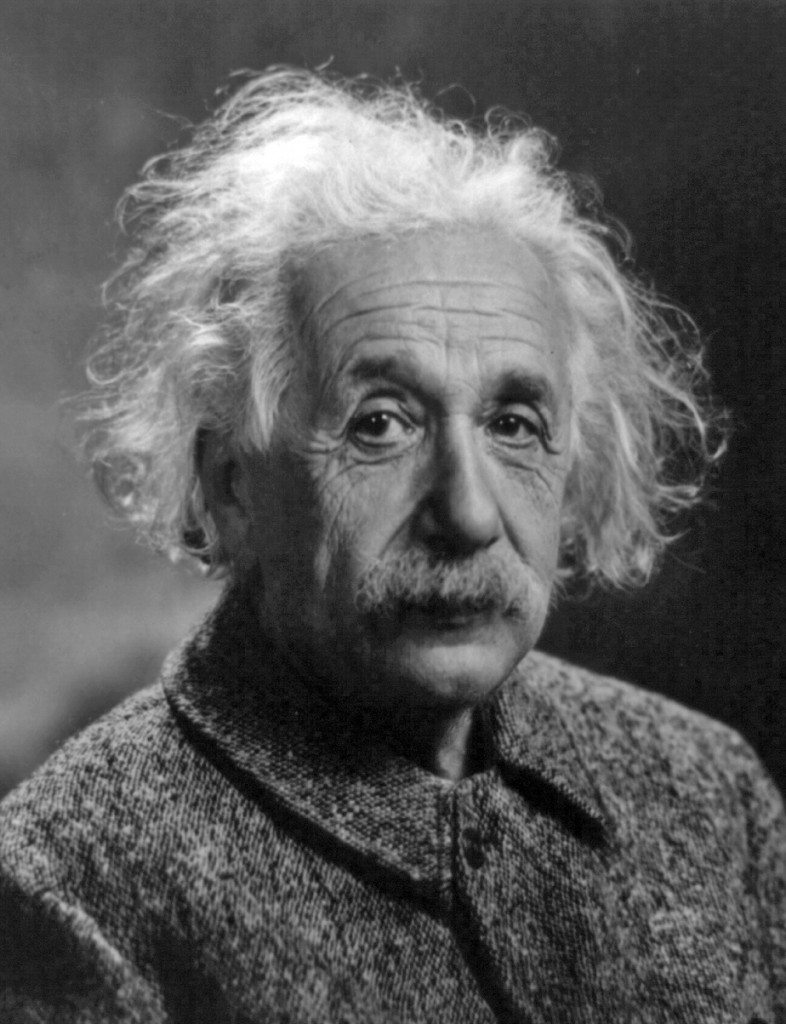
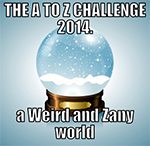
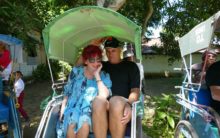
Hi Paula .. this was fun to read .. and I was think of ‘wort’ as in root … and ‘schlafen si’ – that’s not quite the right German … but was good enough when I watched the film ‘Schaum dem Shaf’ – Sean the Sheep … but the German kids we were staying with understood enough of my garbled Afrikaans to translate it into German … especially with a name like mine English- German it becomes ‘Melting Slaghuis’ – I was called this by my boss in South Africa .. it’s always amused me!
Cheers Hilary
Thanks Hilary, I wonder what my name would translate to 🙂 Paula
Wonderful post, I love trying to read the signs and posters in Germany. I know their language isn’t considered overly beautiful but I love it. I really love the words you posted today, very funny and informative 🙂
I actually find it a fairly grating language. I have a soft spot for Irish and Welsh accents actually. Thanks for the reply
I also live in Germany now and when I first started learning German, my textbook started with “German words you already know” – German words that are same/almost the same as their English counterparts, and those that are pretty similar so it’s really easy to learn and remember them. It’s a good way to get started, I think. German is not the easiest language to learn, as I heard someone once say, “a lot of really smart things have been said in this language”!
Love to know what Albert Einstein said 🙂
Wow, My favorite post yet…I love language and since I’m living in Germany at the moment, this is very interesting…love it!
Thank you, appreciate your support a lot.
Fits in with this post about Denglisch words – coming from the other side, of course!
German is so creative with its word combinations – have you seen the “Denglish for Better Knowers” posters where they translate German words literally? A lightbulb is a “glow pear” and a mnemonic is a “donkey bridge”!
This is what I was told, to break the words down a bot and then they would make sense. Sort of only 🙂